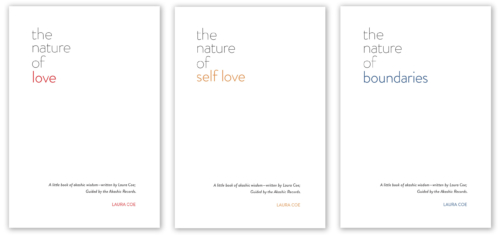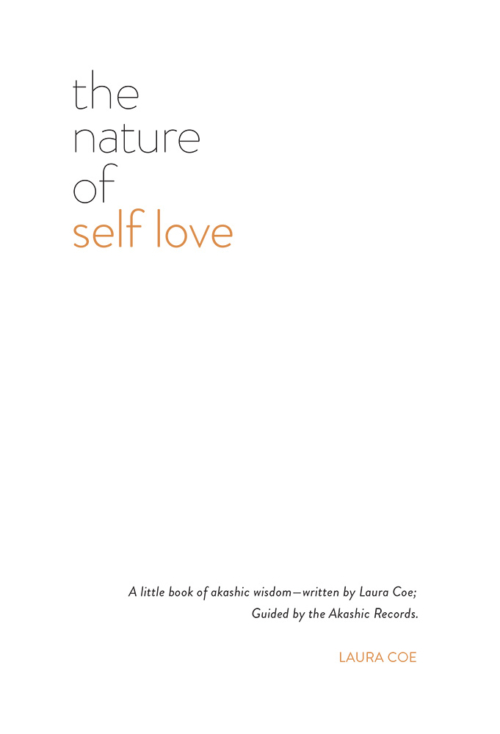“There was a wall. It did not look important. It was built of uncut rocks roughly mortared. An adult could look right over it, and even a child could climb it. Where it crossed the roadway, instead of having a gate it degenerated into mere geometry, a line, an idea of boundary. But the idea was real. It was important. For seven generations there had been nothing in the world more important than that wall. Like all walls it was ambiguous, two-faced. What was inside it and what was outside it depended upon which side of it you were on.” — Ursula K. Le Guin, The Dispossessed
You’re typing away at your desk on the latest project when, without warning, Dwight swings by your cubicle. Again. For the 10th time today. Most people would stop what they’re doing and have that conversation. Most people would smile, talk it out, and lose a good chunk of their day. But should you? If your work is important, why would you let someone consume your valuable time?Why do we let others violate our boundaries?Emotional resilience is difficult to train. After all, there is no barbell, no mirror to access, no tangible muscle to touch. It is all invisible. But saying no, as much as anything else, is crucial to our well-being.While as toddlers we may have perfected the art of saying no, as we grow older, we become conditioned to say yes. And in doing so, we aren’t conditioned to recognize and establish our own boundaries. Every time you’re nice, your parents smiled, laughed, bought you a toy and tussled your hair. In class, following the rules and avoiding conflict was the teacher’s sermon. All with good reason. But for many of us, we have conflated the ideas of being kind, open, inclusive with simply being yes-men or simply nice. We believe that if we’re nice, we will get what we want.Here’s a reality check: we won’t.Life is rocky and life is messy. People can and will step all over you if given the chance. You can become a human chew-toy. A doormat.Unless you learn to say no. You are allowed to disagree. You are allowed to draw a line. You are allowed to stand your ground. By no means am I proposing you become a jerk. “The opposite of crazy” as Dr. Robert Glover would say “is still crazy”. But what I am proposing is that you build your emotional fitness, one step at a time.To exercise a boundary, first, figure out what it is. It should be grounded in your own strong personal beliefs – and then – stick by it. Start off small. Say no to distracting colleagues. Say no to gym interruptions. Say no to demanding friends. It doesn’t mean being harsh, it means saying “Hey, sorry, I’ve got something else right now. Let’s talk later”. That’s it.Boundaries are naturally context dependent. You aren’t trying to create a magical rule that applies in every scenario. You are creating walls of fortitude that allow you space to strengthen your resiliency. For example, if you are a manager, it may be very important for you to have an open door policy with your employees. Or you may be faced with Dwight.Similarly, I have a personal rule that says I only surround myself with people who bring positivity into my life. But I still allow for the vagaries of human emotion and experience. Sadness, anger, all of these emotions have a place. But in the balance, what value does does this relationship bring?What boundaries are important for my emotional health?If writing for 5 hours a day is important to you, then don’t let anyone take that away from you. If they complain that you’re too boring or never available, you get the chance to enforce your boundary. Everything in life is a tradeoff, but you get to choose what tradeoff you take , not anyone else. “Jennifer, we can hang out later, but my writing time is important and this is something I need to stick to everyday”. It’s not about being a jerk or being a bully. It’s about owning what’s important and standing by it.Lastly, understand compromise. We live in a world where you need to respect and co-exist with other people’s boundaries. Are you tidy but your partner is a slob? That’s where compromise comes in. You get to choose your rules, but it’s important that being strong means being smart about what is important and what is small. If it’s small, then keep it small. If it’s non-negotiable, it’s non-negotiable.Accept that boundaries are necessary for emotional well-being. Consider and then articulate what those boundaries are and why they are important to you. Constantly re-evaluate these boundaries. And when it’s important for you, stick to it. Every day. Every time.If Dwight comes around for another long-winded conversation, will you say no?




